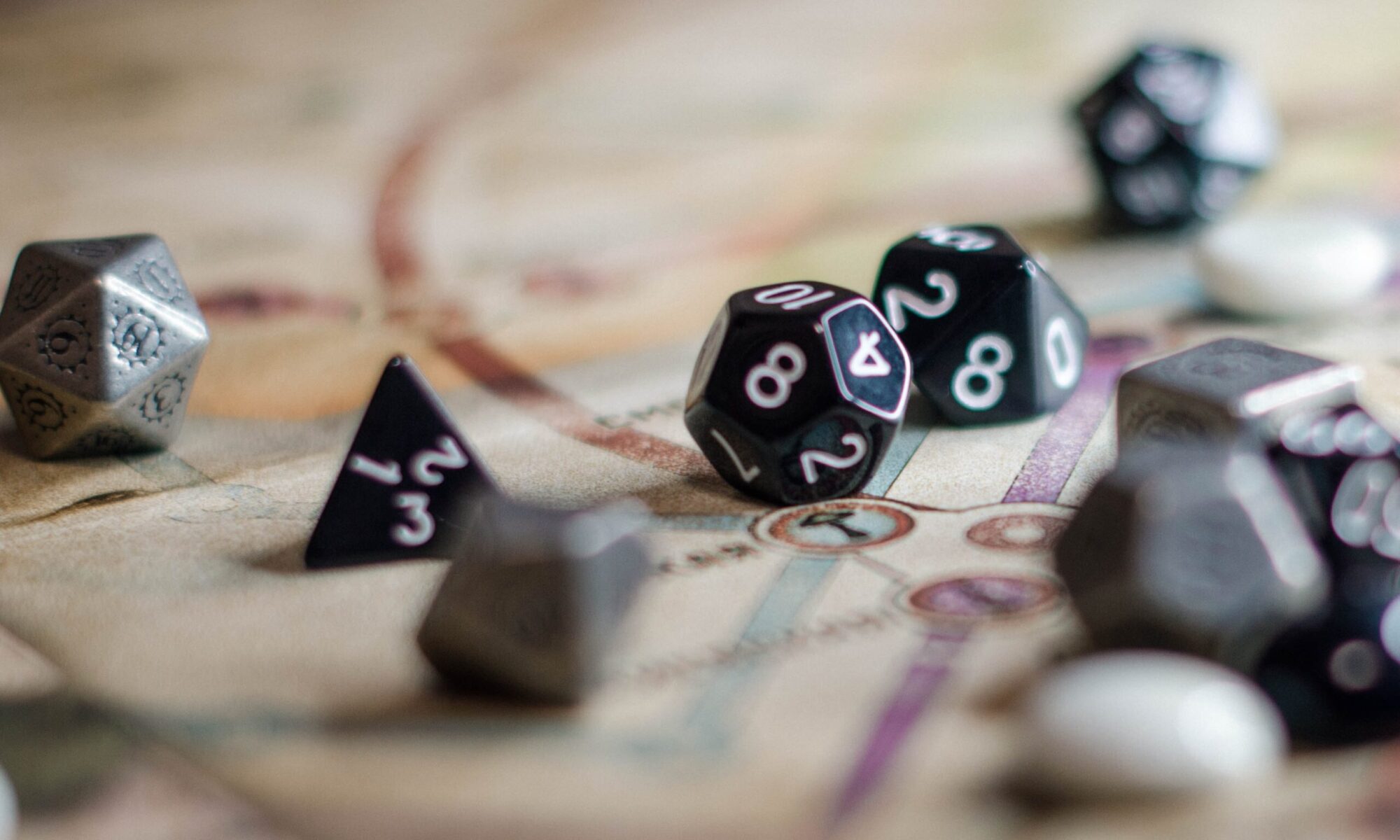You will have noticed, I’m sure, that Wizards is working on a new edition of D&D — more of an upgrade than a complete overhaul, and they’re talking about backward compatibility, so we can hope for some decent continuity from our old content to the new one.
A lot of the chatter I’ve seen on the various platforms that look at the playtest packets we’ve been given so far has been pretty negative — but I think that has a lot more to do with the way negative voices seem to get more attention in this algorithm-driven marketplace than any real consensus that the changes are bad — frankly, I love a lot of the things they’re pitching, and even the things that seem a touch wobbly are great evidence that the design team is looking at key problems that we have with the game and are trying to solve those problems.
I’m certain that a lot of the need for a revision to the core game is driven by a desire to move forward with efforts to modernize and clean up old, bad ideas of race and determinism that have existed in the game since its inception. It’s a good thing. If you don’t think it’s a good thing, swipe left. And then, after you swipe left, remember that my blog isn’t a dating app, and just go away.
But beyond the need to clean up those problems that have been baked into the game since its inception, we can look at some of the other things that they’re demonstrating an interest in fixing — and how they’re going about fixing them.
For today, let’s just take a look at inspiration and the variations that we’ve seen them play with so far.
In 5e, inspiration is a great idea that has some problems in play. It’s an adaptation of an idea that exists in other games that use hero points or bennies or fate points — a sort of game mechanic that allows players to try to bend the odds of the game in a way that suits their interests — in hopefully a narratively interesting way. The way it’s designed is nice and clean and simple, but it runs into problems in execution:
- Inspiration is awarded very inconsistently, from one table to the next. I know that as a DM I almost never award inspiration — I just don’t remember to do it, it’s not a reasoned position.
- Inspiration is less useful for spellcasting classes. Martial and skill-monkey classes make d20 rolls all the time, but most spells are resisted with saving throws rather than executed with active rolls, so inspiration makes less difference to spellcasters
- Lots of people use it wrong, treating it as a re-roll instead of a proactive decision to give oneself an advantage — this happens so much that a lot of people think it IS a re-roll.
So, if those are the problems that we’re trying to solve, are the changes that we’re seeing going to fix that?
Awarding Inspiration
We’ve seen a bunch of different ways to approach this already in the first few packets. For example:
- Humans get inspiration automatically after a long rest
- The musician feat can provide inspiration if the musician plays for the party after a short or long rest
- Award inspiration based on a d20 roll — on a roll of a 20 or a roll of a 1.
What’s true about all of these is that they award inspiration in a way that is governed by game mechanics, not DM fiat. And that’s the big takeaway here — DM’s like me can’t be trusted to reward a responsible amount of inspiration, so the game needs to take care of that for us.
The details — like whether a 20 or a 1 makes more sense as a source of inspiration — almost don’t matter. In general, I think the most important improvement that we can see here is the idea that they’re going to build in mechanical ways for PCs to pick up inspiration, and that’s an overall good thing.
So, cheer up. It’s a good thing. They’ll float a few more ideas in the next few packets, I’m sure. Think about which ones you like, and which ones you don’t. Do the surveys when they come out.
And remember, that you wake up each day with inspiration. Use it well.
